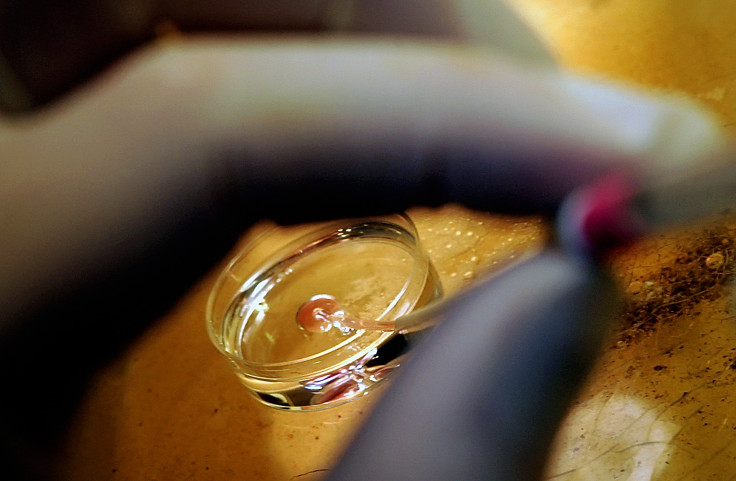Denmark Tightens Sperm Donation Law After "Donor 7042" Passes Rare Genetic Disease to 5 Babies

Denmark is tightening rules on sperm donation after a man, known only as "donor 7042" has passed a potentially severe genetic disorder to at least five of the children he fathered after a screening test at a fertility clinic failed to detect the mutation.
Denmark's national broadcaster DR reported that the "donor 7042" had fathered 43 children through 14 different fertility clinics in countries both within and outside of Europe.
After the recent incident, Denmark, which has liberal sperm donation policies geared toward women who want to conceive using artificial insemination, is introducing new rules around sperm donations, and from October sperm from a single donor will only be used in a maximum of 12 inseminations.
At least five children who were conceived using the sperm of "donor 7042" have been diagnosed with the nerve disorder Neurofibromatosis Type 1 (NF1) or Von Recklinghausen's disease, which causes tumors to grow around nerves and can lead to a variety of health problems including benign tumors, high blood pressure, bone deformity, and even cancer.
The disease is caused by a genetic mutation, and in half of all cases the mutation is passed from a parent to their child, and in other cases the mutation develops on its own.
Parents are now considering legal action against Nordisk Cryobank clinic in Copenhagen after it surfaced that the clinic was told in June 2009 that one of the children born to the donor had been diagnosed with the genetic illness, but continued to use the man's sperm in further inseminations.
"Our team of physicians and our geneticist looked at the case but didn't consider there to be reason enough to suspect it was the donor and therefore no reason to stop the use of his sperm," said Peter Bower, the clinic's director, according to TheLocal.se website.
However, he admitted that the clinic has now become aware that five children were conceived using the affected sperm which is believed to have been used in 10 countries.
Mia Levring, a mother of one of the affected children, condemned the clinic's actions, saying she was "shaken and shocked," according to the BBC.
"We are dealing with a lot of children, but there is also the economical aspect. They earn a lot of money doing this. And one has a responsibility to make sure that the product, so to speak, is all right," said another mother, Sonja Pedersen.
Published by Medicaldaily.com



























